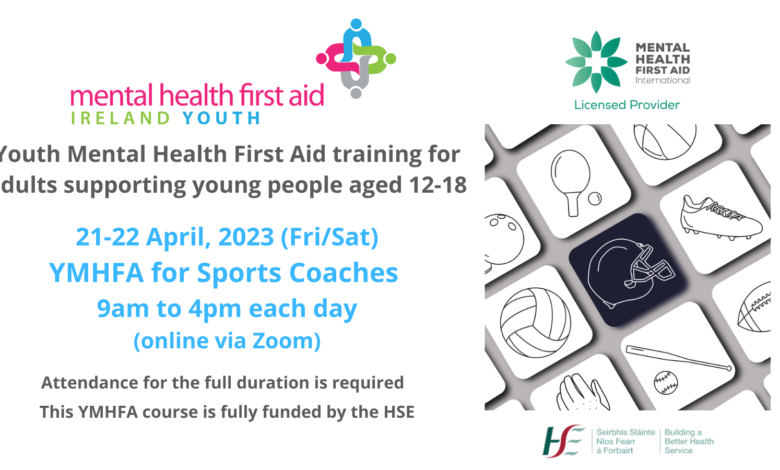Youth Mental Health Training: Building a Better Future

Youth mental health has become a pressing concern in today’s world. The challenges young people face in an ever-changing society have highlighted the necessity for youth mental health training programs. By addressing mental health issues early, reducing stigma, and empowering young individuals, we can create a more resilient and academically successful youth population.
This article explores the significance of Youth Mental Health Training: Building a Better Future, the benefits it offers to young individuals and society as a whole, and the challenges that need to be addressed to build a better future for the youth.
The Importance of Youth Mental Health Training
-
Addressing a Growing Issue
Mental health problems among young people are on the rise. Factors like academic pressure, social media, and the impact of the COVID-19 pandemic have contributed to the increasing rates of anxiety, depression, and other mental health issues among the youth.
-
Early Intervention
Youth mental health training allows for early intervention. By providing young individuals with the tools to recognize and address mental health challenges, we can prevent these issues from escalating into more severe conditions.
-
Reducing Stigma
Effective mental health training programs help reduce the stigma surrounding mental health. When young people are educated about these issues, they are more likely to seek help when needed.
-
Empowering Youth
Such training empowers young individuals to take control of their mental well-being. They learn valuable coping strategies and resilience-building skills that will serve them throughout their lives.
-
Creating Supportive Environments
Youth mental health training can foster a culture of empathy and support in schools and communities. This, in turn, enhances the overall well-being of the youth.
Benefits of Youth Mental Health Training
The benefits of youth mental health training are:
-
Improved Mental Health
The primary benefit is, of course, the improvement in the mental health of young individuals. Training equips them to identify and address their mental health concerns, leading to a happier and healthier youth population.
-
Better Academic Performance
When mental health issues are addressed, young people can focus better on their studies. This can lead to improved academic performance and increased educational success.
-
Resilience
Youth mental health training builds resilience. Young individuals learn to bounce back from setbacks and deal with life’s challenges more effectively.
-
Enhanced Interpersonal Skills
Training often includes modules on communication and empathy. This results in improved interpersonal relationships and better conflict-resolution skills.
-
Reduction in Risk Behaviours
Young individuals trained in mental health often engage in fewer risky behaviours, such as substance abuse or self-harm. They are more equipped to make healthy decisions.
Challenges and Solution
-
Resource Allocation
One of the most significant challenges is allocating resources for youth mental health training. Schools and communities need funding to implement comprehensive training programs. Advocacy at local, state, and national levels can result in increased funding for youth mental health training. Partnerships with mental health organisations can also provide resources and expertise.
-
Teacher Preparedness
Not all educators are equipped with the training needed to address mental health issues effectively. Professional development programs for teachers and school staff can improve their preparedness to support the mental health of their students.
-
Cultural Sensitivity
Youth mental health training must be culturally sensitive to ensure it is inclusive and effective for a diverse population. Consultation with mental health professionals from various backgrounds and communities can help ensure that training is culturally sensitive and relevant.
-
Parental Involvement
Engaging parents in discussions about their children’s mental health can be challenging. Schools can provide resources and workshops to help parents understand the importance of youth mental health training and how they can support their children.
-
Access to Training
Ensuring that all young individuals have access to mental health training, regardless of their socio-economic background, can be a challenge. Online resources and tools can make training more accessible and cost-effective. Schools can also offer after-school programs and workshops to reach a wider audience.


